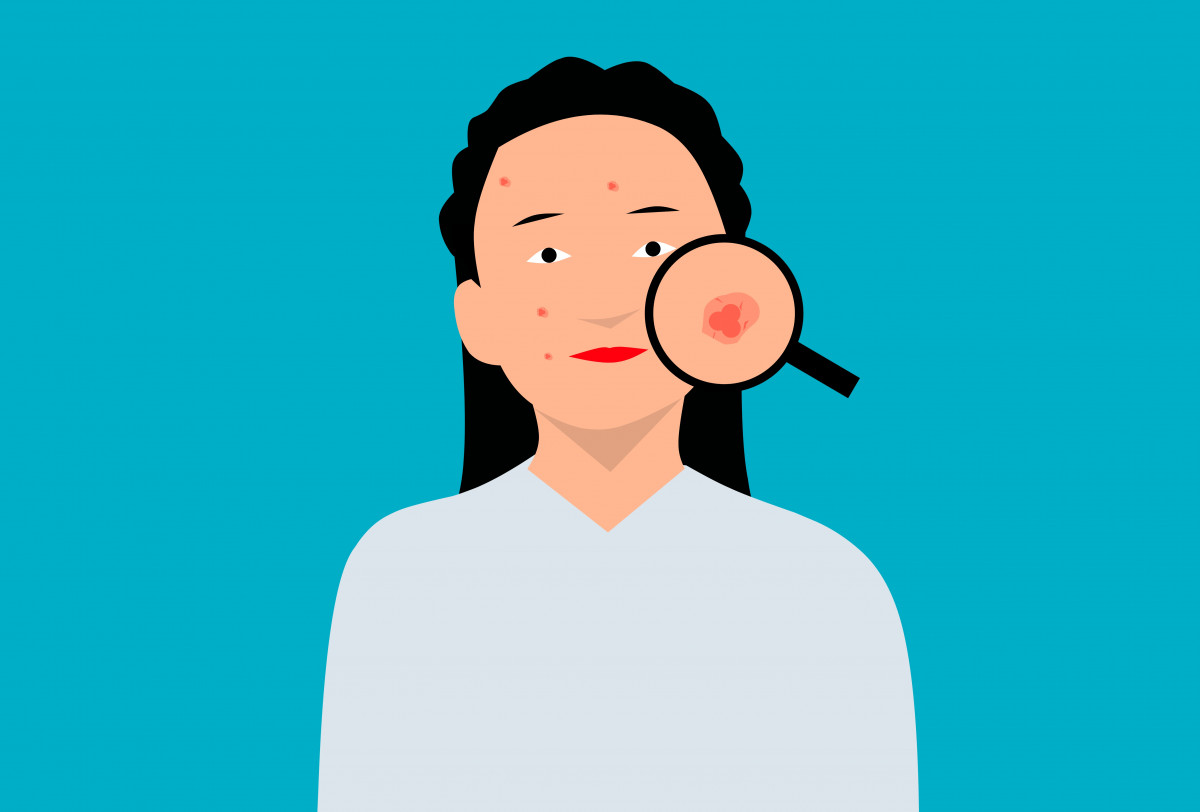What Exactly is Ascorbic Acid - Gul Rukh
Does drinking orange juice help when we are sick? Ascorbic acid, also commonly known as Vitamin C, L-ascorbic acid, or ascorbate according to [1] is a “major water-soluble vitamin”, which is not produced by humans, so it needs to be taken through either fruits, green leafy vegetables, or supplements. We then need to be careful about certain factors and the amounts in which we take the chemical in, as taking too much (2000 mg per day) can cause an upset stomach, gas, and diarrhea [2].
Ascorbic acid maintains “a strong immune system” [1, para.
3], which prevents scurvy, a condition that weakens the bones, teeth, skin, and
collagen. The chemical can be thought of as a “superhero” or “guard” where it
helps “run the body smoothly” and protects it from any possible bacteria and
viruses, as it maintains and improves the immune system so that it can “fight
off any colds or infections” [1, para. 4]. Not only is ascorbic acid an
essential vitamin but it can only be used through skin care products to help
brighten up and “glow” the skin. If your skin seems dull or dry, you can add vitamin
C (ascorbic acid) to your skincare routine and you won’t be upset by the
results!
As previously mentioned, taking 2000mg or more of ascorbic acid can be harmful to the body and unnecessary. Certain articles state that high doses of the chemical can prevent certain illnesses and diseases such as cancer, but that is not stated to be true because there aren’t any scientific studies or cases that prove it yet. So, ensure that you take the recommended amount according to your health and the Recommended Dietary Allowance Chart (RDA) [3, para. 2]. The amount of ascorbic acid an individual should take also depends on the condition they may be in, for example, if you smoke or take nicotine patches, you may need to talk to your doctor to increase your ascorbic acid intake, as smoking and nicotine makes the chemical less effective in the body, preventing it from doing what it (ascorbic acid) should be doing [2].
References
[1] https://blog.nasm.org/vitamin-c-overview
[3] https://nutritionj.biomedcentral.com/articles/10.1186/1475-2891-2-7
[4] https://www.thespruceeats.com/what-is-ascorbic-acid-1328470



Comments
Post a Comment